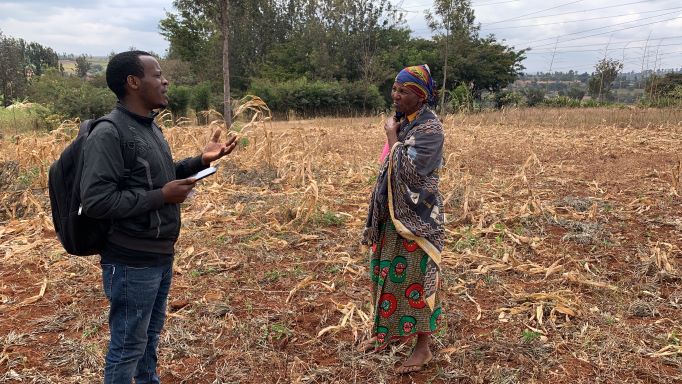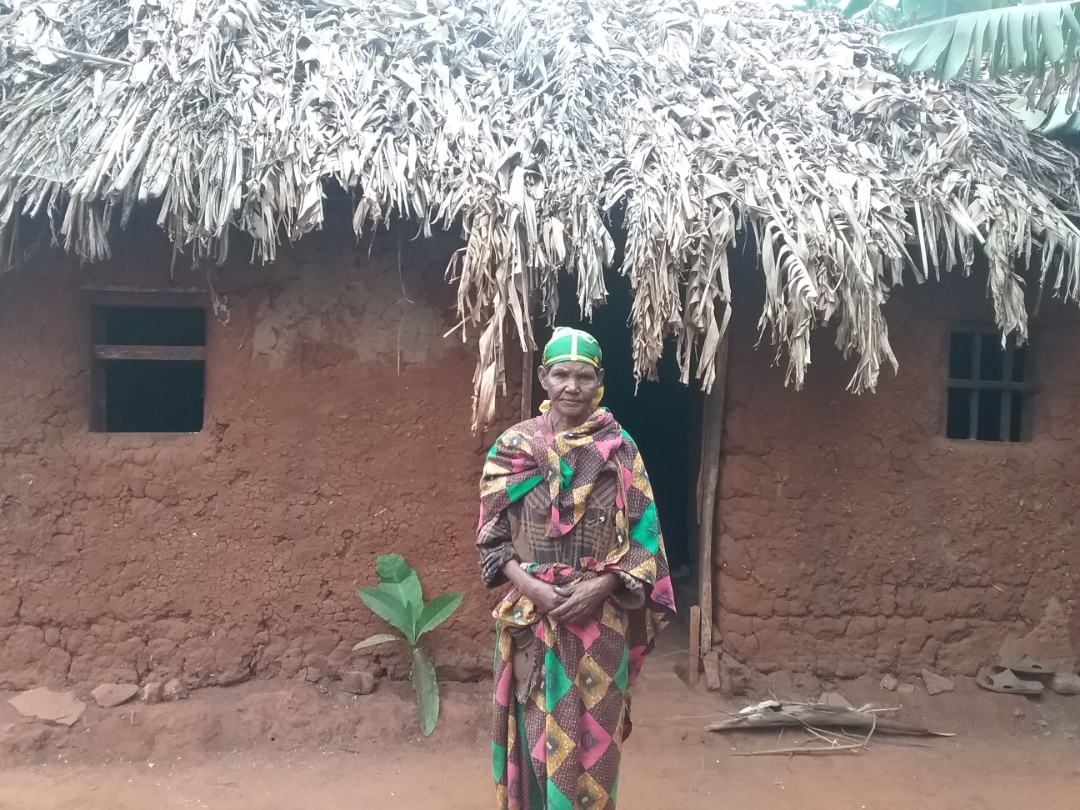Categories:
- Income
- Education
- Sanitation
- Health
Status:
Completed On:
Start Date:
Cost:
Helping the Poorest of the Poor
Assuring coverage for those most in need
All Karimu projects are designed to uplift the community as a whole. This is why we don’t have a model like other charities sponsoring specific children or women. We know that we have made substantial gains across the Ayalagaya community, e.g. a reduction in gastrointestinal disease due to supplying clear water for free, significant academic performance improvement based on many school investments, improved health of mothers and babies due to health care initiatives, etc. Nevertheless, we wanted to look for those individuals in the community with the least to assure that they have access to our programs and that the benefits are reaching them. To that end this project will assess Karimu’s impact to date for this population and identify whether there are adjustments that can be made to our programs to increase the impact to those most in need.
In order to ensure an unbiased evaluation of our programs, we assigned this project to four brand new volunteers from Europe with advanced degrees in business and finance with no history with Karimu. They solicited information from local leaders and government to identify the poorest households - 344. They further filtered the list based on those individuals demonstrating greater means e.g. having a private water point or home electricity or a charcoal cooking stove, etc. leaving 266 households. These households were surveyed to understand their income distribution as well as other non-quantitative factors (e.g., what assets they own: land, phone, stove, mattresses,...). Of those the average weekly income of the family was 1,876 Tanzanian Shillings, or less than $1/week! (The poverty line according to the World Bank is considered $1.90 per day.)
From those surveyed we learned:
-
Over 80% of these homes are headed by women
-
41% of the households are headed by an elder over 55, many of whom cannot work
-
Those households raising disabled children were particularly challenged since disability is stigmatized and children are kept at home meaning a parent needs to be at home with them limiting their ability to work
From those that were among the poorest among those surveyed (32 households) we conducted longer interviews to understand whether and how they are benefitting from Karimu’s investment. Benefits they recognize include:
-
The average distance to the closest dispensary has almost been halved.
-
The availability of medicine has improved.
-
Non-critical medical services are now handled at one of the in-ward dispensaries rather than requiring travel to a neighboring ward (often not affordable by the poorest families)
-
Time needed to get water was reduced by almost half with most now using free, clean, public water points within 500M of homes
-
Improvement in education was recognized by all as among the top contributions from Karimu.

The households most in need of additional support are:
-
Those families raising a special needs child
-
Households headed by elders who do not receive support from the extended family

We see that all households are improving, including the poorest of the poor. However, the poorest of the poor are moving slower than the others. For this reason, we will increase the focus on them in the income projects. The only two exceptions to this are families with disabled children and households of old adults living without the support of relatives. We expect the investment in the special needs children’s hostel to address the 1st group. Regarding the 2nd, we decided we would not do anything because (1) it represents <1% of households and (2) it would be difficult to support them without violating Karimu's principle of not helping individuals. We will, however, consider this group when designing our income projects as they should be able to participate in some of them - particularly those that don't require heavy labor (e.g. chickens).
Benefits:
-
Ensuring that those in most need of help are receiving it
Cost:
-
Karimu cost: $2320
-
Community cost and/or contribution: None identified


